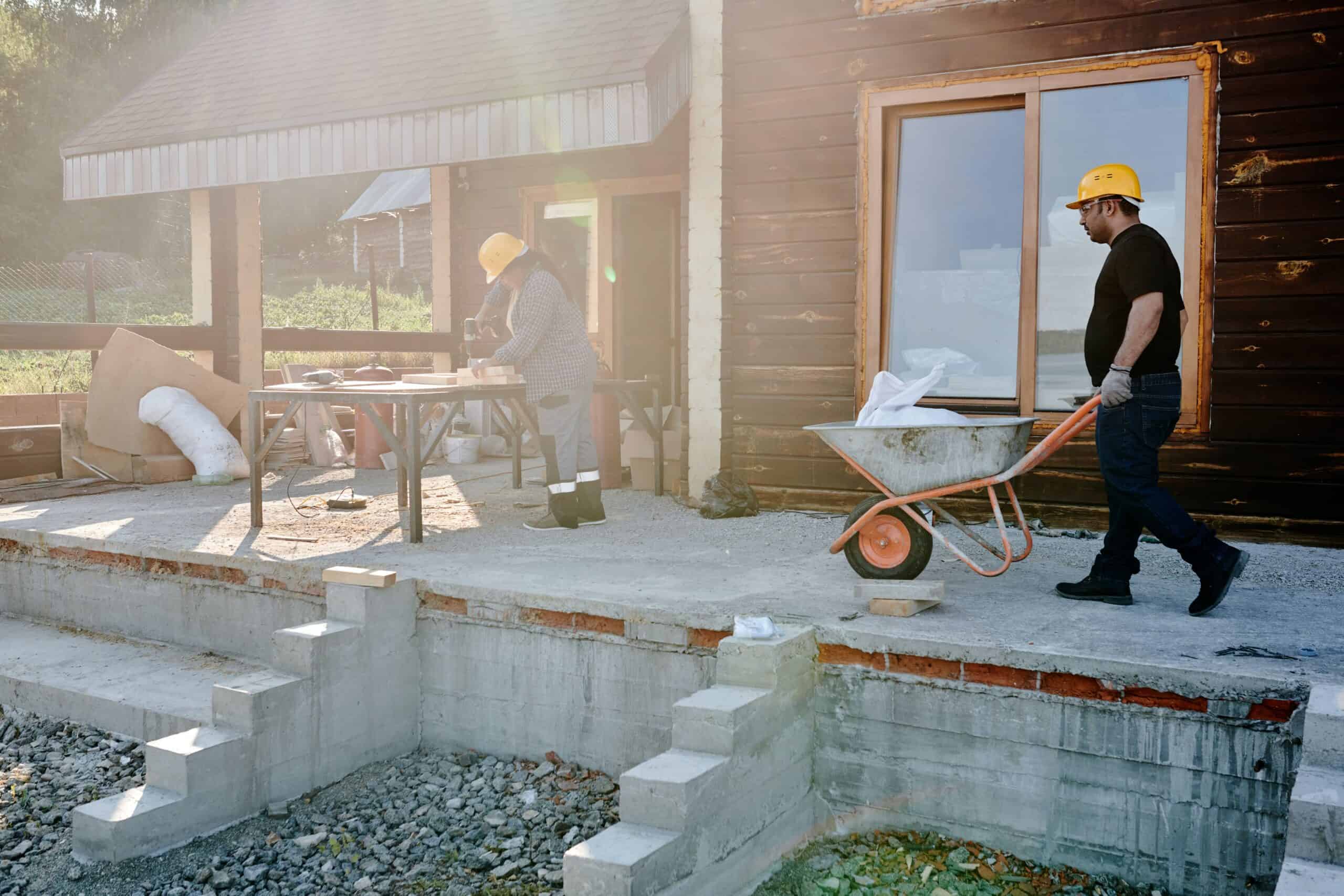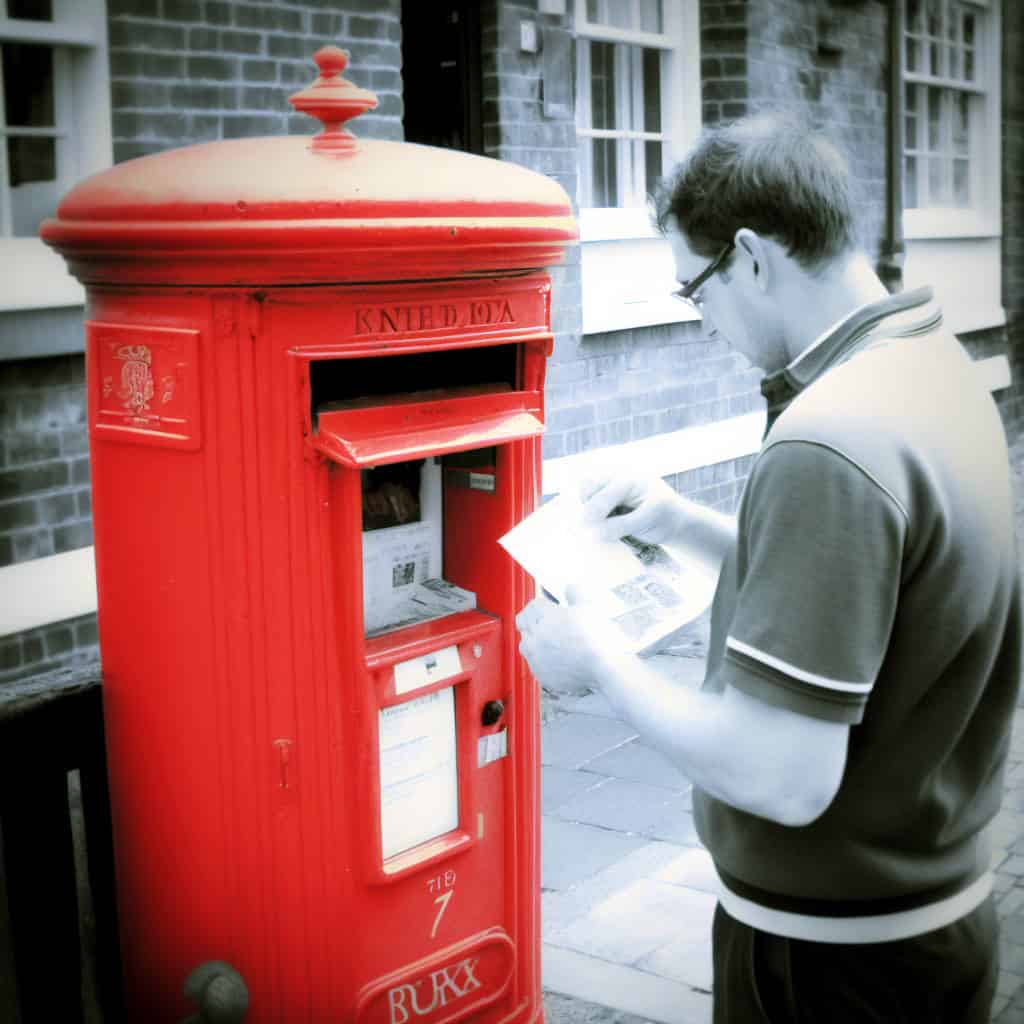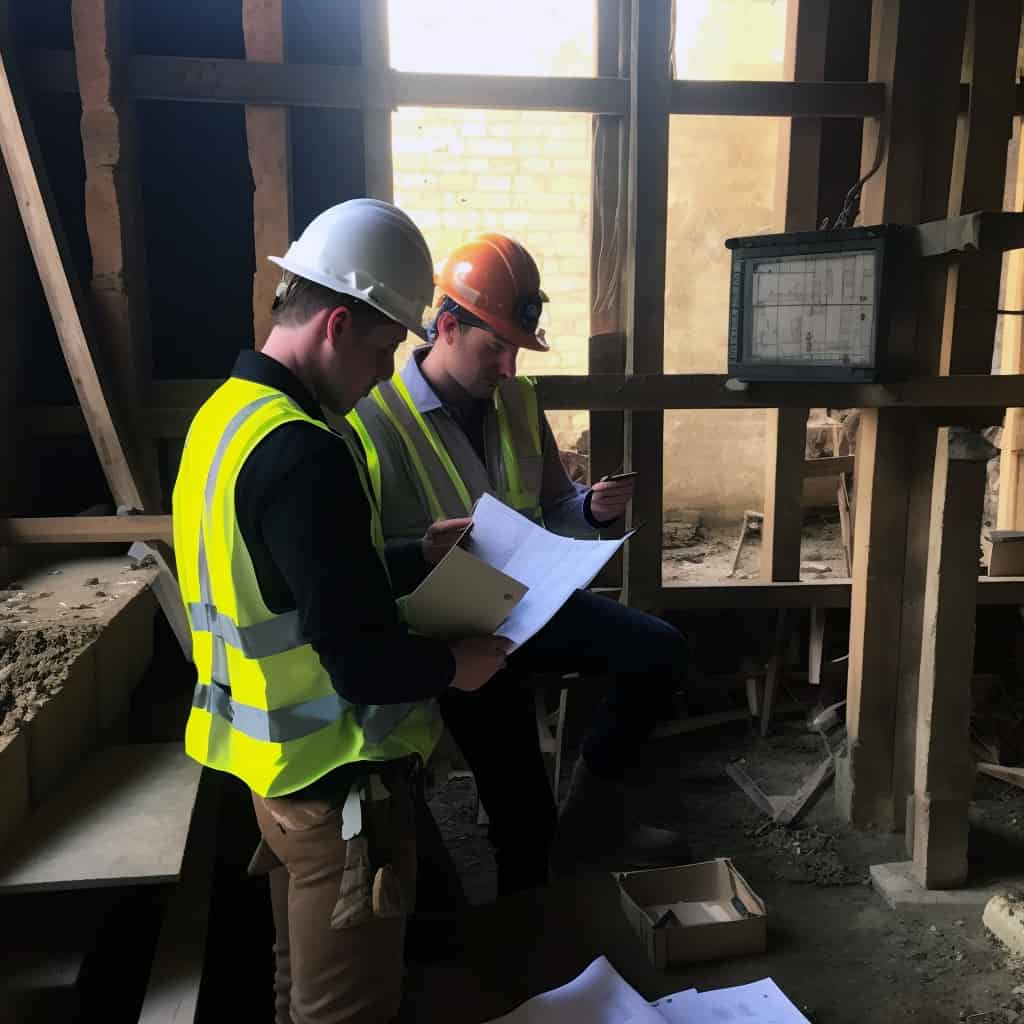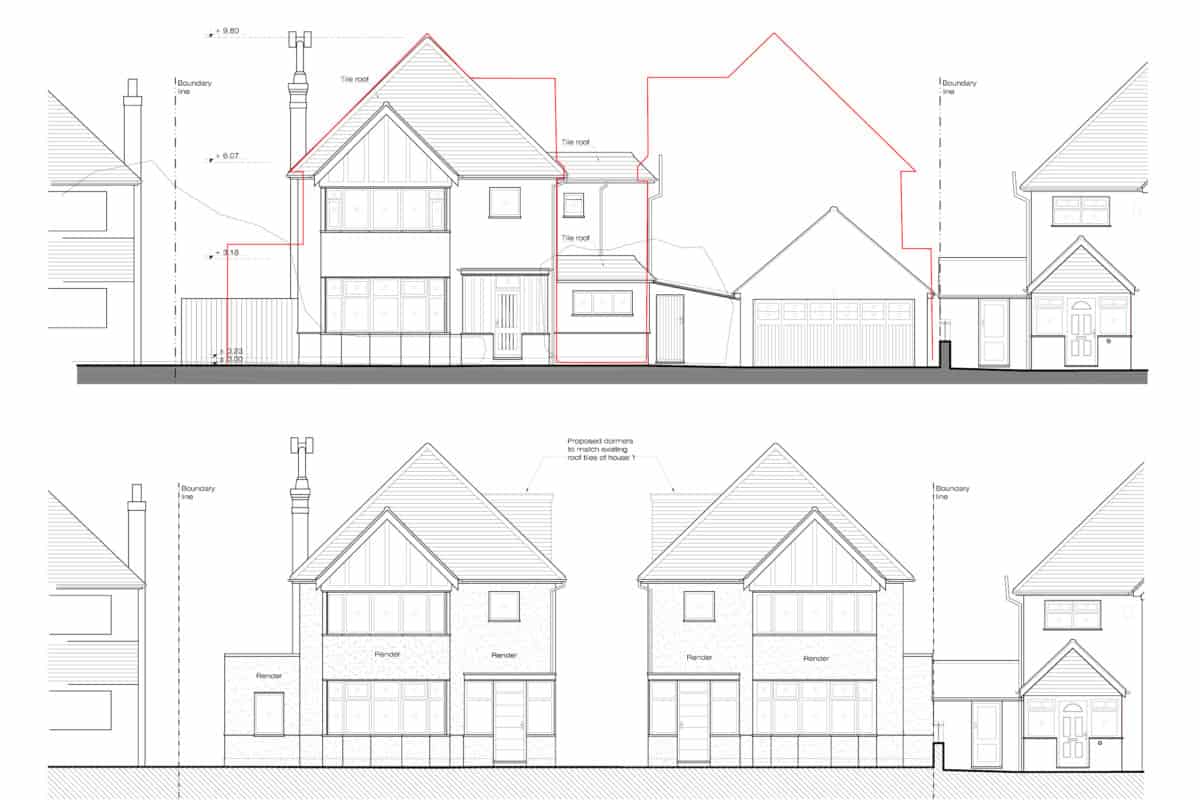What happens if my planning application is refused?

We all want to work together to get your project smoothly through planning, but sometimes, despite our best efforts, applications can be unsuccessful. If your planning application is refused in the UK, the local planning authority (LPA) will issue a decision notice that explains the reasons for the refusal. You can either try to come to an agreement by adjusting your plans or appeal the decision. Here we explain your options:
-
Appeal the decision
You can appeal the decision with the Planning Inspectorate, which is the government agency responsible for reviewing planning decisions made by local planning authorities. You must submit an appeal within six months of the date of the decision notice. Appeals can take several months to be decided.
-
Submit a new application
Alternatively you can submit a revised planning application that addresses the reasons for refusal and seeks to overcome the objections of the LPA. The new application will be treated as a fresh application and the client will need to pay a new application fee.
-
Make changes to the proposal
You can also make adaptations to the proposed development, taking into account the reasons why your project didn’t comply the first time. This would also require a new application. This option is particularly useful if the reasons for refusal were related to specific aspects of the proposal that can be easily changed or modified.
-
Negotiate with the LPA
Finally, you can try to negotiate with the LPA to address their concerns and reach a compromise that will allow the development to proceed. This is usually the case for minor issues that can be quickly resolved without too much implication on the rest of the project.
Every project is different and the options will vary depending on the type of development proposed and the local planning policies in place. An architect will help you work out the best course of action and adapt your design so that it is triumphant next time.















